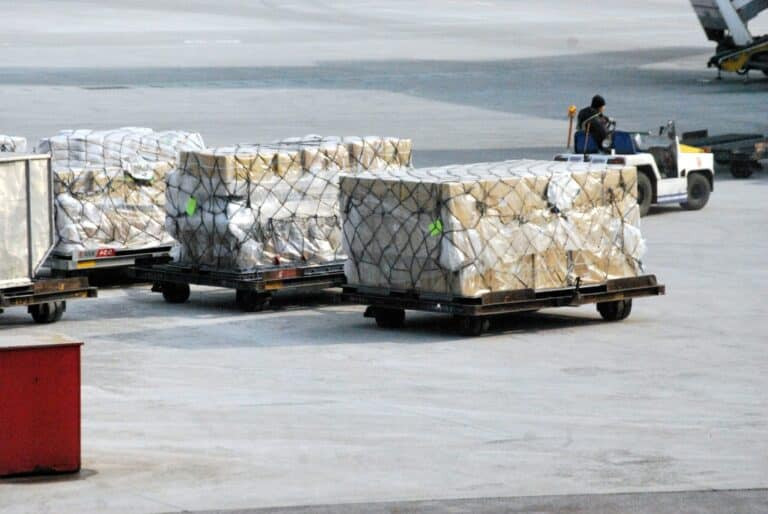Several macroeconomic factors have contributed to the uncertain forecast for the airfreight industry in 2024, including sluggish global economic growth, inflationary pressures, geopolitical tensions, and supply chain disruptions.
READ: Forwarders adapt operations
Potential recessions and interest rate hikes could exacerbate these challenges, dampening consumer spending, reducing demand for airfreight services, and increasing financing costs for industry stakeholders.
Additionally, fluctuations in currency exchange rates and trade policies may impact international trade flows, affecting cargo volumes and freight rates.
Despite this backdrop, the freight forwarding industry has demonstrated resilience in the face of turbulence through its ability to adapt to changing market conditions, innovate, and collaborate with stakeholders.
Brandon Fried, the Executive Director of the Airforwarders Association (AfA), believes this strength in tough times is due to diversification of service offerings and transportation modes, investment in technology and automation to improve efficiency, solid partnerships and alliances with carriers, suppliers, and customers; robust risk management practices, contingency planning and flexibility and agility to respond to evolving customer needs and market dynamics.
“Reducing bureaucratic hurdles can significantly contribute to smoother forwarding operations by streamlining processes, reducing paperwork, and enhancing efficiency,” Fried explained.
“Simplified customs procedures, harmonised regulations, and digitalisation of documentation can expedite clearance processes, minimise delays, and lower administrative costs for forwarders and shippers alike.
“Additionally, improved collaboration between government agencies, industry stakeholders, and international organisations can facilitate smoother cross-border trade and promote economic growth.”
Personnel and practices
Labour issues remain a significant concern for the forwarding industry, particularly amidst ongoing challenges such as shortages and workforce ageing. To bridge the skill gap and attract talent, forwarders can implement various measures, such as investing in training and development programmes, collaborating with educational institutions offering competitive packages and benefits, embracing diversity and inclusion initiatives, and leveraging technology and automation to augment workforce productivity and efficiency.
The logistics sector also increasingly embraces sustainable practices to minimise its environmental footprint and reduce carbon emissions.
Fried cited a number of the steps being taken: investing in fuel-efficient vehicles and alternative energy sources, optimising transportation to reduce fuel consumption and emissions, implementing eco-friendly packaging materials, adopting green technologies and collaborating with industry stakeholders, government agencies, and environmental organisations.
“Despite progress towards sustainability, there are several barriers that hinder the transition to a more eco-friendly industry,” Fried said. “Cost considerations and upfront investments are required to implement green technologies and infrastructure.”
“Lack of regulatory incentives and mandates to promote sustainable practices have slowed progress.
“Limited availability of renewable energy sources and alternative fuels for transportation have hampered developments.
“To achieve IATA’s stated 2050 goal, governments must provide incentives for developing sustainable aviation fuels, which currently only comprise 2% of the volume needed.”




